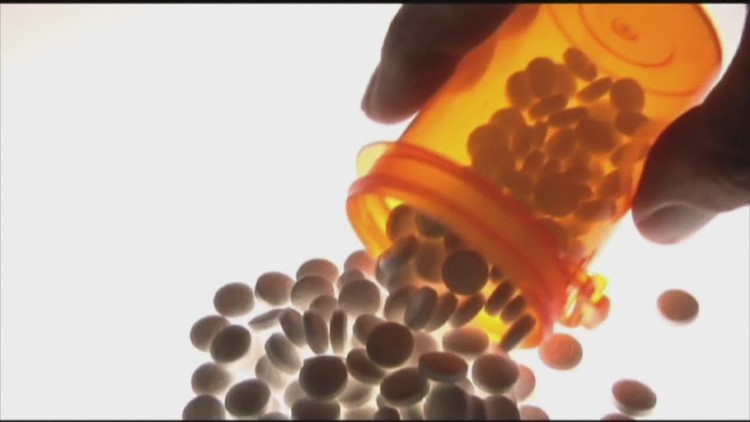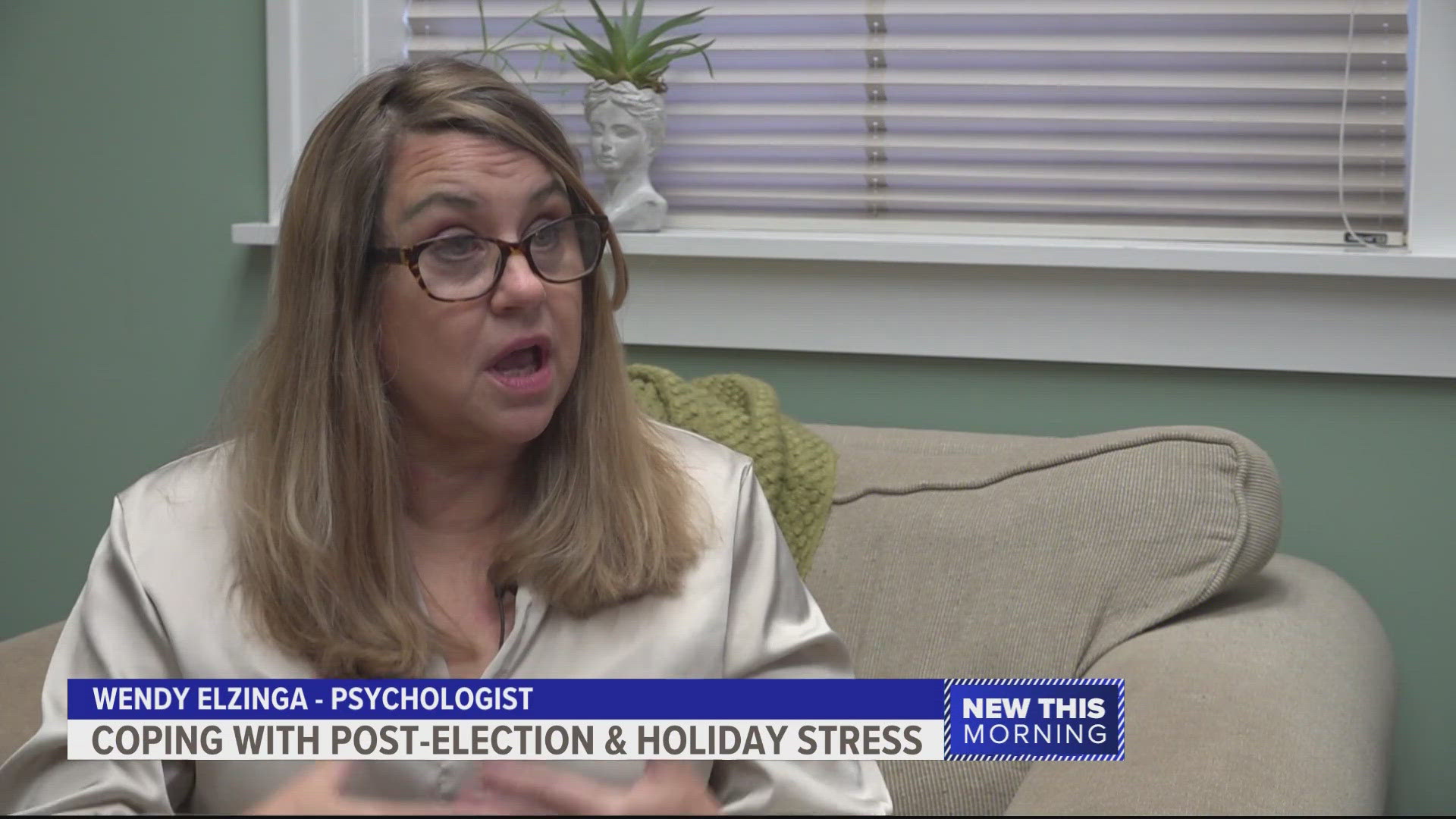GRAND RAPIDS, Mich. — August 31 is International Overdose Awareness Day, a campaign to end overdoses.
Colleen Lane, the medical director of addiction medicine at Corewell Health West Michigan, said the country is in an overdose epidemic. Thousands of people are dying from overdosing from substances.
In West Michigan, Lane said they are seeing more accidental overdoses. That is often due to people using substances that are more powerful than they think, or are contaminated with other substances, often fentanyl.
While opioid overdoses remain high, she said they are also seeing more people using stimulant drugs than before.
"For the first time ever, there's been national data that was released that showed we had a small decrease in the overall number of people who have had a fatal overdose," said Lane. "So that is something to celebrate. But it is also important to know that that number went from very high to slightly less high. So, we're still talking about upwards of 80,000 people who are passing away from preventable overdoses."
Lane said this is proof interventions are working, but more work needs to be done. She touted the availability of Narcan, or naloxone, to reverse opioid overdoses.
Corewell Health has also expanded treatment access for substance use disorder. They have a walk-in program for addiction treatments. Lane said anyone interested can walk in to receive treatment, call to make an appointment or even do a virtual visit.
"We really want to figure out how to to make treatment as easy to get and as low barrier to get as possible," said Lane. "So, that is something that has actually been in practice for the last two years, and we've seen over 1,500 patients in in that way. It's been really successful and we're hoping that this is a program that can be expanded to to other health systems in our area."
If you or someone you know is suffering from drug addiction, there are resources available. MDHHS has compiled a list of Narcan vending machines, as well as treatment resources at Michigan.gov/opioids.
For a list of resources to help with opioid use disorder, click here.
There are also resources available through Pine Rest Christian Mental Health Services, Sanford Behavioral Health. and Trinity Health.
You can also call the Substance Use Disorder and Mental Health Services Administration (SAMHSA): at 1-800-662-HELP (4357).



